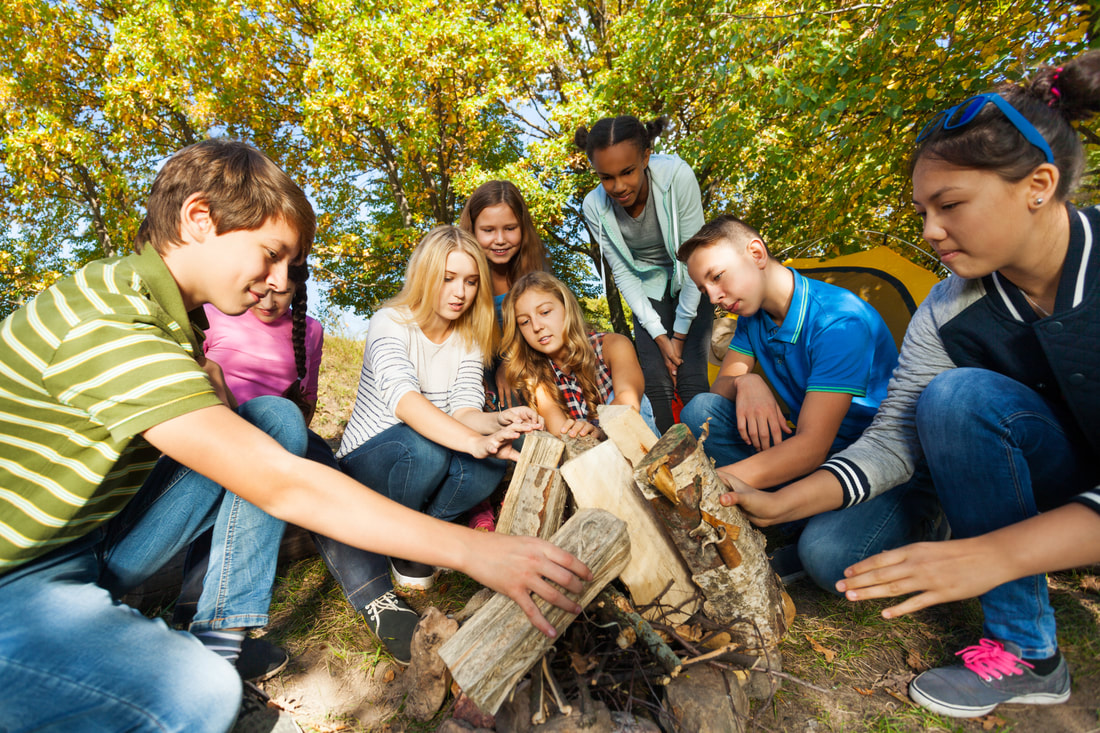|
We learn a lot about romantic relationships from the stories we consume and come to love. Through fairy tales, books, and films we learn what to expect in relationships (and what is expected of us) long before anyone overtly teaches us about them. We might be lucky enough to observe a healthy romantic relationship between our parents. But even among those who are closest to us, the interactions that truly define the health of a relationship often occur behind closed doors. We rarely get a window into intimate moments, and I’m not just talking sex. We rarely see couples argue, and if we do, we almost never see them make up. We rarely see them share their wildest dreams and deepest fears with their partner or witness their partner’s response to those disclosures. But we do see these moments in the fiction we consume, making these tales powerful ones for shaping our perceptions of real-life relationships.
The “norms” or “rules” that are conveyed in fictional tales through context, plot, and dialogue (or even facial expressions in film) tend to be absorbed by us unconsciously and we begin to compare our relationships to the fictional ones that we’re familiar with. For example, we might expect the kind of romance and drama that we read in books like Twilight and Fifty Shades of Grey and see in films like The Notebook and A Star is Born. But even before we experience these stories in adolescence and adulthood, we are primed in childhood to accept them with early fairy tales such as Beauty and the Beast, long before we’ve had any romantic experiences ourselves. Versions of Beauty and the Beast date back to the early 1700s and showcase what we call the virgin-beast trope. Where a young, virginal, submissive female is pursued by an older, sexually experienced, aggressive male. In a paper we published earlier this year, we aimed to define and describe the virgin-beast trope given how common it is. The virgin-beast trope has become a symbol, nearly a prerequisite of heterosexual romance…and from what I understand a staple in fictional same-sex romance as well. In the paper, we outline aspects of this trope that we tend to romanticize that also happen to be hallmark indicators of unhealthy romantic relationships and even deadly ones. Many of the relationship qualities that we consider romantic in fictional tales are actually problematic in real life. When a relationship is problematic in real life, there is usually a substantial difference in power (e.g., finances, age, privilege, education) and the partner with more power uses their power to control the other partner. This kind of control can look like physical (e.g., hitting) and verbal abuse (e.g., name calling), but it can also look like stalking (e.g., electronically monitoring whereabouts) or manipulation (e.g., giving extravagant gifts after a fight). The target/victim/survivor then suffers harm (e.g., loss of resources, loss of potential, depression/anxiety, physical pain) due to their partner’s controlling and abusive behavior. The Abuse Litmus Test was developed to help audiences determine if an on-screen relationship has unhealthy power and control dynamics by answering these questions: Do partners share equal power? Is power used by one partner to control the other? Is harm suffered?
1 Comment
Parents often ask, "How do I talk to my teen about sex?" I often reply with, "If you haven't done that already, you likely won't have much luck." I know...kinda depressing, right? Nope! There's a solution and that solution is BOOKS.
Whether you're a seasoned communicator, or a Nervous Nancy, books offer the solution you need for a few reasons: (1) Books don't lead your teen down a web trail into porn; (2) Depending on the book, the information in it is better than what google can provide or even what you can provide; (3) The teen can access the information when they want in the privacy of their own bedroom. Parents DO NOT need to be sex educators. I call parents sex socializers. I am a certified sex educator and have a doctorate degree in adolescent sexual development and even I do not have all the current information about sexual health that a teen would need today. As parents, we just provide the space to listen to our kids' social problems and then probe deeper when something seems up. As a sex socializer you can discuss YOUR sexual values around abstinence, relationship commitment, sober vs. intoxicated sex, etc. But your teen's sexual values could end up looking very different from yours. The only sexual concept that you need to communicate is your comfort discussing bodies and sex, so they will be comfortable. But not knowing something technical (e.g. what an IUD is or what Tanner stages are)? No problem. There's a book for that.
Copyright : Anna Bizoń/123RF Stock Photo
I know it’s a tough subject. Many parents are determined to do better than their parents did. But how do we start? When do we start? How do we tell them the truth about where babies come from without scarring them for life? The good news is that it is much easier than you think, because BOOKS. Glorious BOOKS! You don’t need to even think about how to start. You start with BOOKS. When to start? Today! Here’s the rundown on my favorite ways to approach everyone’s favorite topic with kids under 11.

Copyright: Maksim Harshchankou/123RF Stock Photo
In case you’ve been living under a rock, Gillette recently released a new commercial that is largely a commentary on masculinity and modern manhood. When I first watched the short film, I felt tears well up. I felt a sense of relief. It felt like a sign of momentum for a movement that I am invested in. A year ago, I wrote an article warning the hopeful that ‘if men stay silent, this movement will end’. So I see this ad as a sign of men breaking the silence…a sign of progress.
As it goes, all social progress is met with some backlash. But backlash to this campaign? I was truly shocked. Why would anyone interpret this as an attackon manhood, men, or even masculinity? The boys are not playing with Barbies. The men are not staying home baking while their wives control them. This commercial features men being quite masculine. The men in the Gillette ad are using their power, strength, and assertiveness to call other men out who are being disrespectful or worse. It is encouraging the many men who step up instead of turn a blind eye to violence and bullying. This action takes courage, leadership, and decisiveness….all masculine qualities that we love! In academia, we call this active bystander behavior, which is one of the only factors that have been shown to reduce instances of sexual assault and harassment.
Copyright: Sergey Novikov/123RF Stock Photo
Summer is here and if you’re like many parents, you have booked summer camps for your kids to attend, so they don’t drive you insane *COUGH*, I mean, so they have a well-balanced summer. Camp can be summed up as new kids + new adults = new social dynamic, so now’s the time to brush up on convos about bodies and boundaries.
I want to start out by saying that the majority of sexual abuse is perpetrated by someone the victim knows well (1), so stranger danger doesn’t quite live up to its reputation. But next up in perpetrator probability are people who your kid knows well but you do not (2). Hence, summer camps! Now, mind you, I’m writing this post as a mom and sex educator, not necessarily as the prevention scientist and professor that I also am because (to my knowledge) there hasn’t been a ton of research on summer camps. But really, summer camp is so fun! I went to them as a kid and send my own kid to them, so I don’t think they are dangerous spaces. But they are spaces for kids to apply their social knowledge and practice their social skills in a new environment. Consider addressing the following: |
About this Blog:I'm here to help us discuss sexuality, gender, and media by integrating information from academic and mainstream sources. I hope this resource produces more sexually competent people who raise sexually competent kids. Categories
All
|






